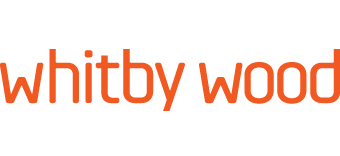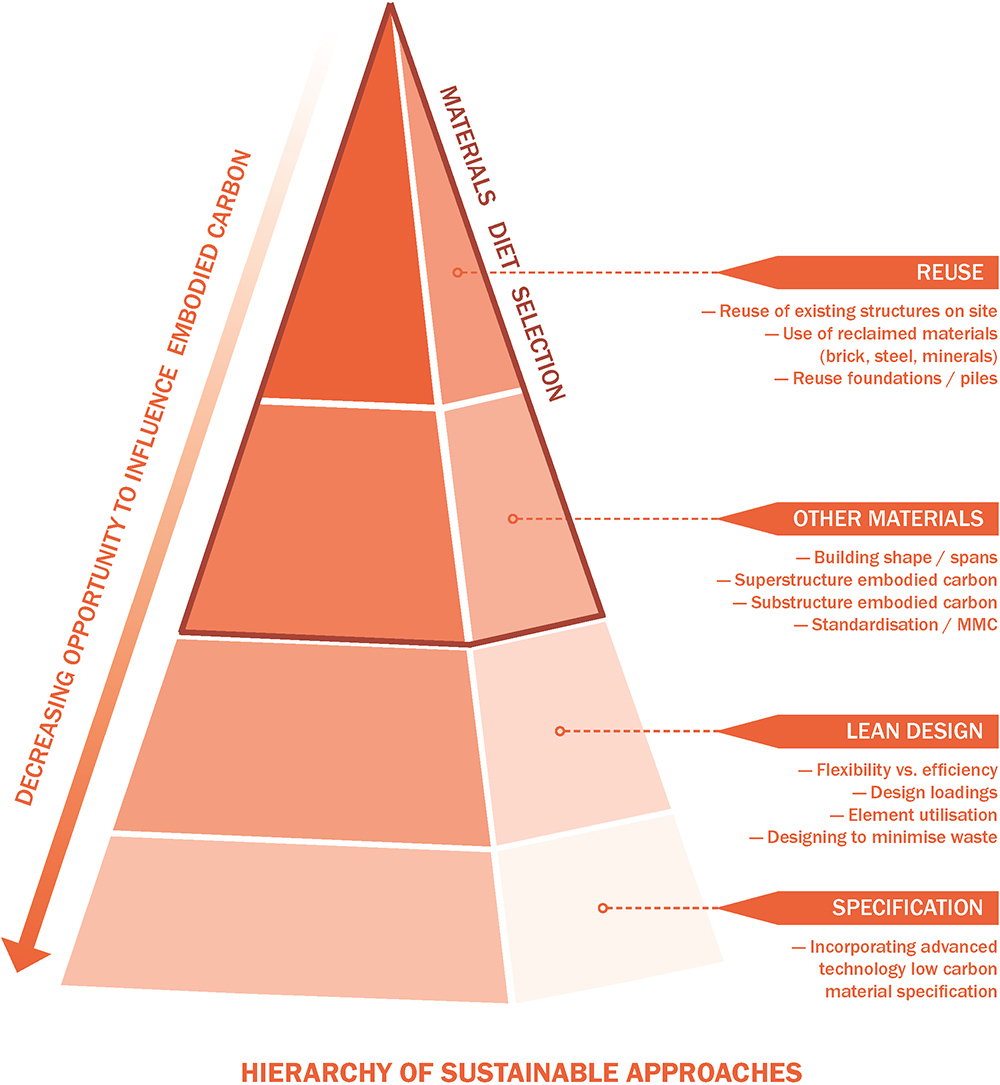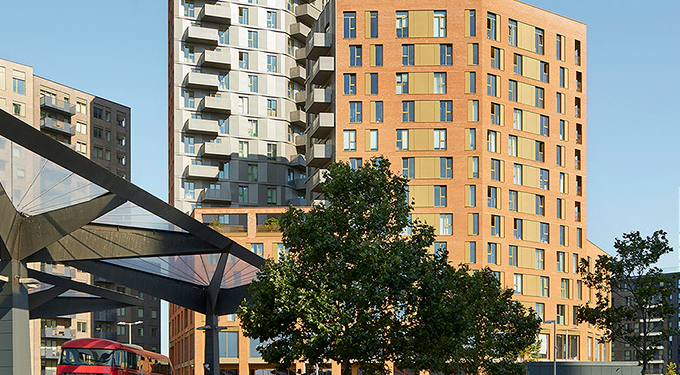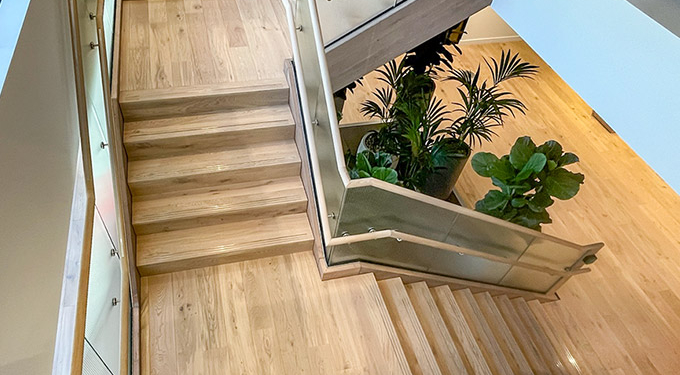Playbooks
At Whitby Wood, we’ve been flipping the design process on its head, using the development of Playbooks to tackle barriers early on — for UK projects and internationally.
We consider key aspects, such as …
Site characteristics
— geology, existing infrastructure, microclimate and biodiversity
Local resources
— opportunities for frame or building reuse, existing local low-carbon materials, existing industries and agriculture, local expertise, historical knowledge and traditional skills, natural geology of the area
Resulting materials options
— including bio-based materials (such as timber), technofossils (discarded manmade objects) of all scales, and whether local low carbon production facilities are available
Options for design approach
— a construction kit of parts, automated component typology design, use of robotics, an integrated Smart building approach, use of 3D printing
Potential community benefits
— investment and employment opportunities, increased connectivity, healthier ways of living
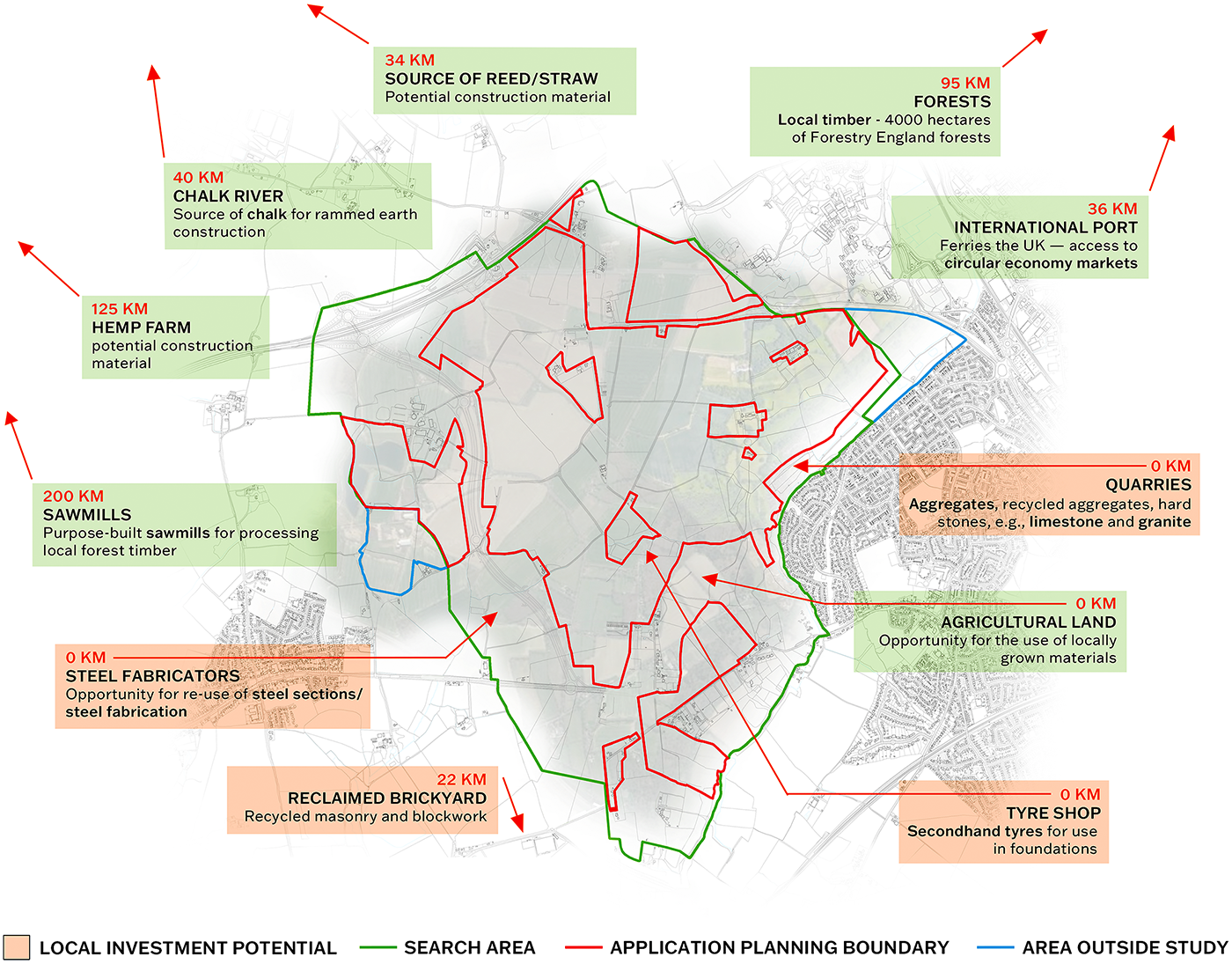
CONTACT : Kelly Harrison … k.harrison@whitbywood.com
See also Plotting our route to zero >
